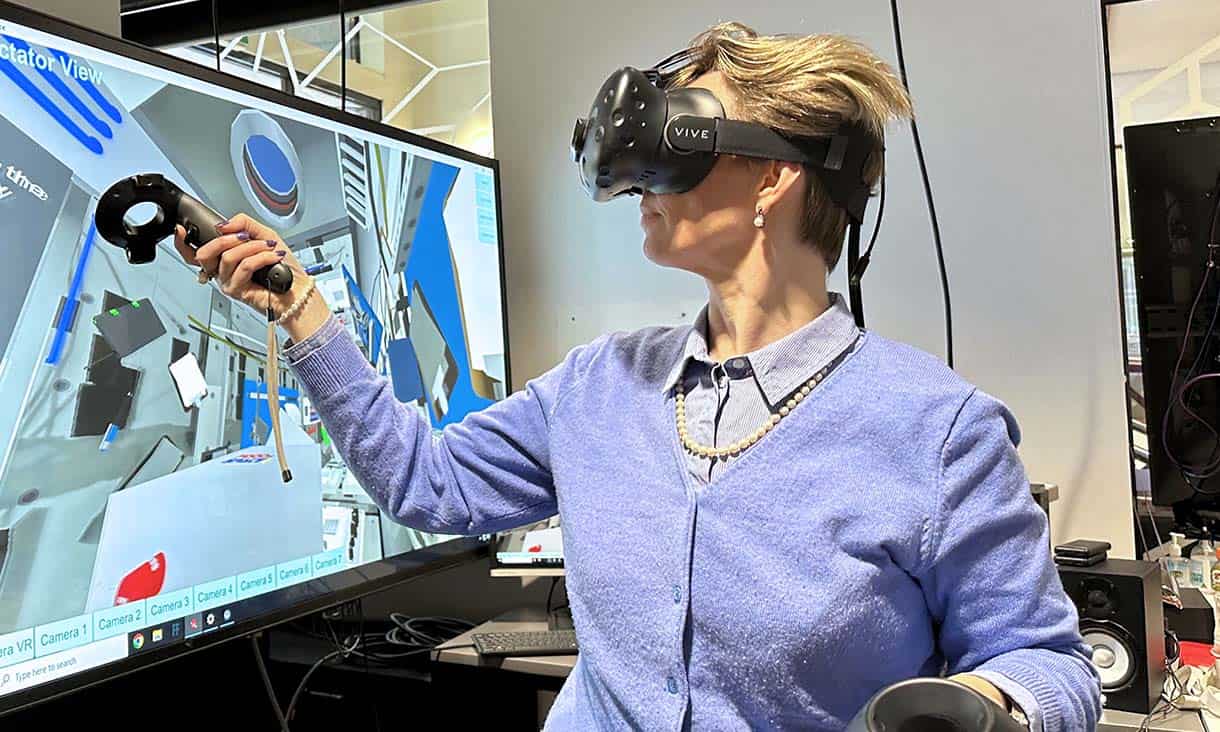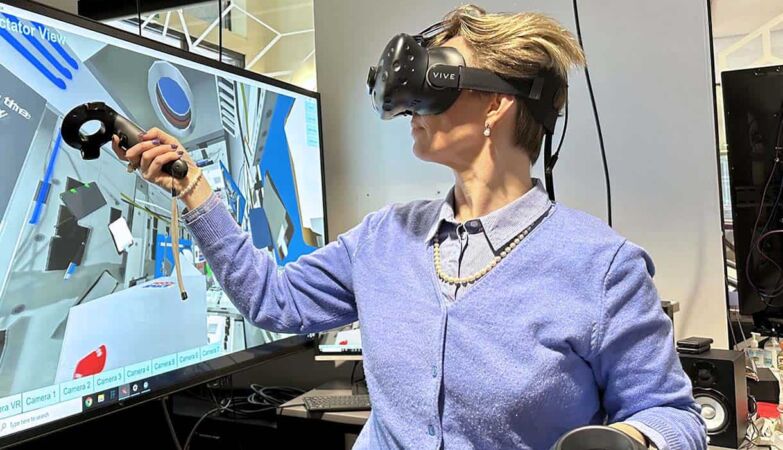RMIT
Not all foods taste the same in space and on Earth. A team of scientists from RMIT University is working to change that.
according to ZME SciencesThe group recently published a study analyzing how The smell of food changes in space environments..
Your discoveries can Help improve astronauts' diet that it Beneficial for individuals in isolated conditions on Earthsuch as nursing home residents.
One of the long-term goals of the research is to Producing food more adapted to astronautsas well as for other people who are in isolated environments, to Increase your food intake to nearly 100%.“, He said Julia LouPrincipal Investigator at RMIT School of Science.
In space, astronauts often mention that their bodies The food tastes nice.leading to a decrease in nutrient intake.
the study, Published In the International Journal of Food Science and TechnologyExplores how people perceive familiar food odors in a simulated spatial environment, Using virtual reality (VR). Participants experienced the confined and disorienting conditions of the International Space Station, with floating objects and operating sounds. Mimicking the effects of microgravity.
Hey The study included 54 adults. those whose their ages are between 18 and 39 years old– No history of nausea or dizziness.
Researchers have discovered that bad odors come from Vanilla and almond It was seen as big. More intense In the VR spatial simulation, compared to a neutral environment, while the perception of smell The lemon remained unchanged..
This difference was linked to the presence of benzaldehydea sweet-smelling compound found in vanilla and almond flavors.
Lou highlighted the fact that individual sensitivity For certain smells and Psychological impact From the power of insulation Changing the perception of smells.
“Greater feelings of loneliness and isolation may play an important role, and this study has implications for how isolated people smell and taste food,” he said.
The study could have major implications for improving astronaut nutrition on long-duration missions. Gail Ellsa former astronaut trainer and associate professor at RMIT, highlighted the importance of understanding and addressing the challenges astronauts face regarding nutrition in space.
“What we're going to see in the future with Artemis missions are much longer missions, spanning years, especially when we go to Mars, so we really need to understand issues around diet and nutrition and the way the crew interacts with food,” Eales explained.
In addition to space travel, this research could benefit people in socially isolated environments on Earth. Lu suggested that the study's findings could also be Help customize diets for individuals in nursing homesThis could potentially improve your nutritional intake and overall well-being by adapting food aromas to enhance flavour perception.
The study offers new possibilities for studying how digital experiences and sensory perception interact. Iles said she’s excited about this virtual reality aid.
“The amazing thing about this virtual reality study is that it actually does.”Simulates the experience of being on the space station very well..And it really changes the way we smell things and the way we taste them.

“Coffee trailblazer. Social media ninja. Unapologetic web guru. Friendly music fan. Alcohol fanatic.”



